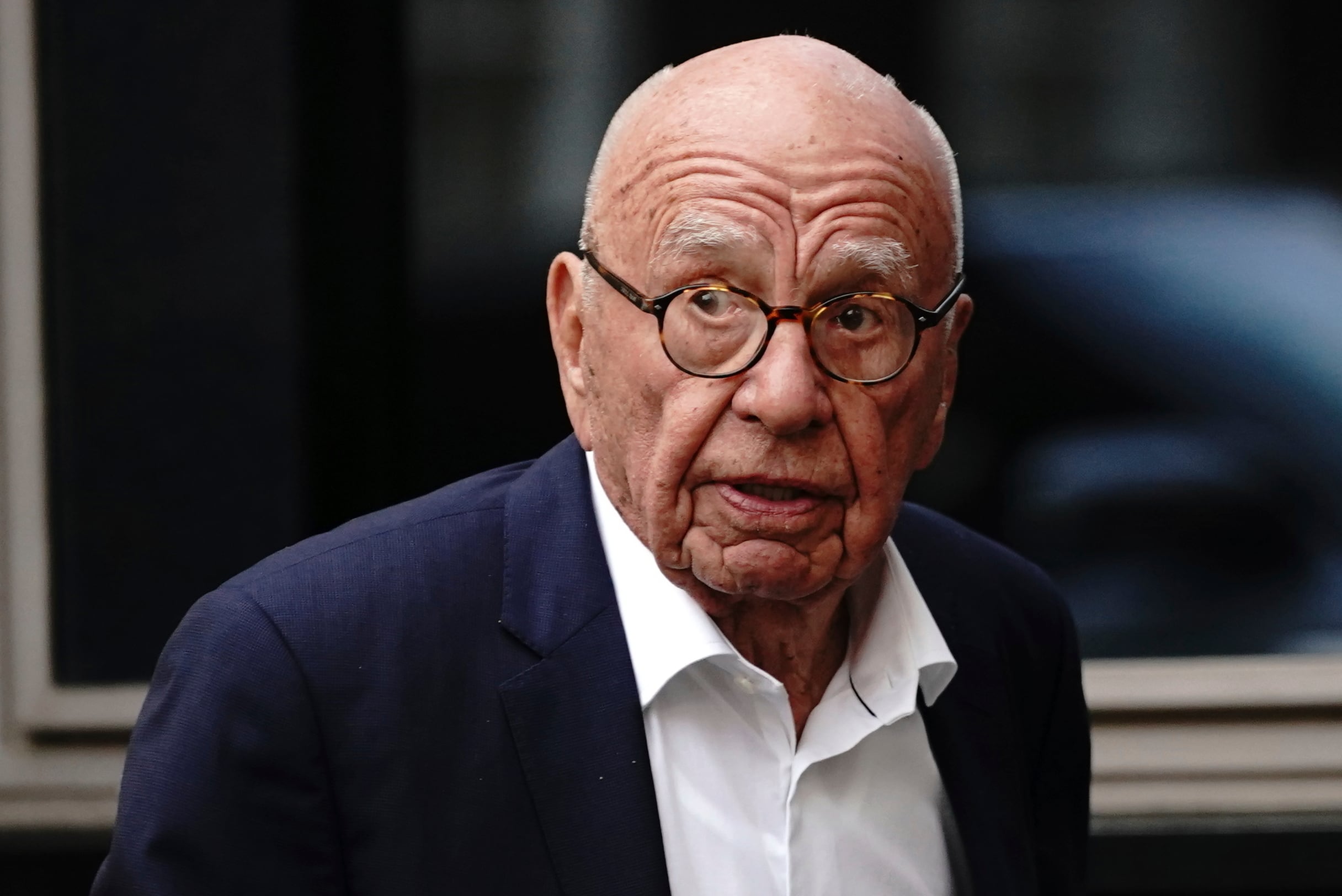2019 came in like a bull and went out like, well, a bear for the nascent cannabis industry. The exuberant start — buoyed by the kickoff of adult-use cannabis in Canada, passage of the 2018 Farm Bill, and several industry megadeals — could never have prepared the cannabis industry for the challenges they would come to face later in the year.
Growing pains mixed with a stubborn black market meant the industry continued to disappoint in places like Canada and California — as did the companies that bet their futures on them. Once-optimistic stakeholders took a good hard look at their investments and many didn't like what they saw.
After a seasonal markets slump turned into a rout that's been compared to the bursting of the tech bubble, cannabis companies are approaching the new year on tenuous footing. Of course, it would be myopic to say the year hasn't had its fair share of wins. There was incredible traction politically in the U.S., and the fact that Canada, the first G7 nation to legalize adult use cannabis, got sales up and running was no small feat.
As a new year and a new decade draw nearer, Cheddar is forecasting what's in store for the cannabis industry.
WHEAT FROM THE CHAFF
If 2019 was a trial, 2020 will be a reckoning — and some companies, experts predict, won't make it out alive. Hiccups in the roll out of markets like California and Canada means much of the investor enthusiasm at the start of 2019 shriveled on the back of disappointing earnings from cannabis companies. What was once irrational exuberance has turned into what Leafly CEO Tim Leslie called "irrational pessimism."
"There are good companies that investors should be investing in, but they're wondering, 'Are we at the bottom?' and 'I want to be at the bottom to rise to the top,' as opposed to just looking at what are the right values of these companies. But again, the strong companies will succeed and emerge," Leslie said.
With capital tight, companies without solid roadmaps to profitability face uncertain futures. Expect to see more layoffs, buyouts, and need-based M&A, as well as bankruptcy negotiations. And given that federally illicit cannabis companies are not entitled to federal bankruptcy protections, Ello Capital's Hershel Gerson said things could get ugly.
On the flip side, what determines a winning company? Strong management, a path to profitability, and solid fundamentals will all inform which companies go on to be the Amazons and Microsofts of cannabis.
"The wheat is going to separate from the chaff in terms of which companies will survive," said Matt Hawkins, managing partner of Entourage Effect Capital. "The ones that survive will be the ones that can show that pathway to profitability and, in addition, continue to build platforms in various states with the appropriate licenses, but not spend the way companies have been spending the past couple of years, because those days are over."
LIGHT AT THE END OF THE SECOND QUARTER
Of course, the year won't be all bad. By the second half, when healthy companies start to separate from the pack, investors will regain their appetites.
"By the second half of the year, it's going to be a better climate," Hawkins predicted. "The shakeout is going to continue and I think that in addition to the shakeout you will have the winners being separated from the losers, and that will lead to the best companies that are still around. Those companies are going to need jet fuel too."
The industry can expect to see renewed investment — just not necessarily from the same investor profile that propelled the cannabis industry at its start. Retail investors, particularly the Canadian ones, that fueled the early days of the industry are likely feeling pretty burned after the carnage of the past year. Companies with solid fundamentals will begin to attract attention from institutional investors, firms, and major companies.
"The Canadian investor base has basically said, 'No more. I'm sitting on a significant amount of losses at this point,'" said Gerson, managing director and CEO of Ello Capital. "That investor base is no longer viable, so now we've got to develop new investor bases that are going to be much more skeptical and need fundamental, sound businesses."
BIG TALENT BUILDS BRANDS
In spite of 2019's many challenges, it was a remarkable year for talent acquisition — especially where branding and marketing are concerned. Considering no single brand has yet obtained household name-level recognition, there is still plenty of opportunity for brands to make their mark with the help of heavy hitters from traditional industries, like alcohol and consumer packaged goods.
Among those all-stars who piled on the cannabis bandwagon in 2019 are former Patron Spirits and Grey Goose CMO Lee Applbaum, who joined Surterra as CMO; Victoria's Secret veteran-turned Green Growth Brands CMO Jann Parish; and former Beam Suntory CMO Kevin George who joined cannabis MSO Harvest Health & Recreation — just to name a few.
From regulations that differ state-by-state and jurisdiction to jurisdiction, to intensive rules that govern where, how, and to whom cannabis companies can advertise, it is challenging for cannabis brands to earn consumer loyalty. Executives poached from more traditional industries should start to show their worth this year, with the fruits of their labor paying off in 2021 and beyond. If these executives fail to help their respective companies navigate the turbulence of the early years, says cannabis marketing expert Max Lenderman, the cannabis industry has bigger fish to fry.
"If these really hardcore marketers can't figure it out, it's not because they can't figure it out. It's because the rules and the bookends for the field to which they can play are not amenable to brand building," said Lenderman, chief experience officer at Spirits Investment Partners.
WE HAVE NOT REACHED PEAK CBD
Following the passage of the 2018 Farm Bill, CBD exploded in the U.S. But just because consumers can now purchase CBD in drug stores, malls, bodegas, and even at Dollar General, Lenderman says the trend hasn't topped out quite yet. With money still on the table in an industry estimated to be worth $23 billion by 2023, nothing short of a regulatory crackdown from the Food and Drug Administration could dampen CBD enthusiasm.
Lack of uniform regulation has meant a proliferation of products on the market of questionable quality — many don't contain CBD, for example, or have way too much. The absence of quality control has given CBD a bad reputation, and Lenderman recommends established cannabis companies steer clear of the CBD craze if they aren't already involved.
"I think CBD is a great gateway into the cannabis space for a lot of people. It's just such a shame the way it's been rolled out this year," he said. "If I was advising any brand that had any brand equity that wasn't in the CBD space, I would advise them not to get into the space."
2020 IS ALL ABOUT INCREMENTAL PROGRESS
Although the U.S. did not see full federal legalization or decriminalization, 2019 set the stage for future cannabis reform — the same will likely be true for 2020.
Brady Cobb, Sol Global Investments CEO and former cannabis lobbyist, said 2019 was the year cannabis became a "tier one" issue. The U.S. House of Representatives passed the Secure and Fair Enforcement (SAFE) Banking Act in September, Democratic presidential candidates stumped for varying degrees of marijuana legalization, governors in New England laid the framework for coordinated cannabis regulation in their states, and support surged among the American public.
"The same day the Democrats initiated an impeachment inquiry against a Republican President, you had 91 House Republicans come across the aisle and vote in favor of the SAFE Banking Act," Cobb said. "This is an issue that has transcended partisan politics."
In 2020, SAFE Banking will likely pass, and experts expect Congress will use that momentum to set the stage for federal legalization or decriminalization in 2021 or 2022. Cobb and Leafly's Leslie said the likely mechanism for federal cannabis reform is a bill like the STATES Act, which places power to legalize in the hands of individual states and has more bipartisan support.
And on the local level, a divisive election year will bring more voters to the polling place, meaning states that put cannabis on the ballot, like New Jersey, and others that are getting close like Florida and Arizona, have a good shot at adult-use legalization.
"The SAFE Act is another step change. Each state that legalizes, you see just another step change and the people coming to cannabis. So there are step changes, but it's all going up and to the right, and eventually federal legalization will happen," Leslie said. "In the bigger picture, what matters is that we are progressing in the right direction."













